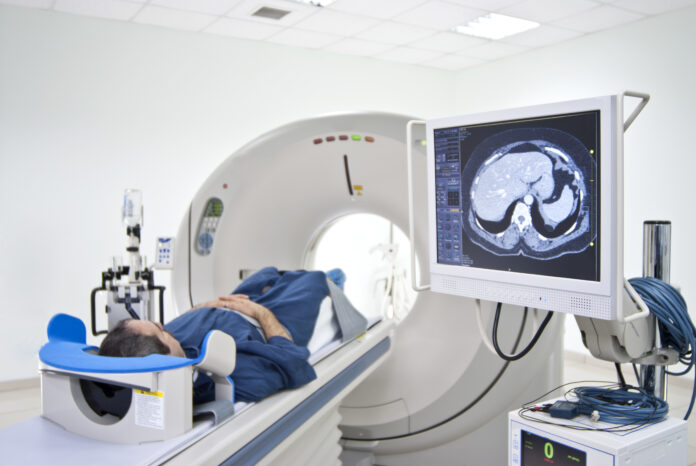
Winston Lee L. Ac, Ph.D, KMD
It is not that difficult to place a needle to an Ashi point. It can take less than a year of practice to learn and achieve that level. However, patient’s expectation has been increased nowadays. In order to meet a patient’s expectation from acupuncture, practitioners need to figure out the root cause and objective evidence for the symptom.
In addition, when the practitioner is aware of the cause of a symptom, the outcome of acupuncture is more successful. Also, if you have done this pre-screening process in advance, you are able to rule out diseases and symptoms that should already be taken care of by other healthcare specialists.
This process will also reduce the probability of malpractice and acupuncturists can protect themselves from lawsuit. At least the practitioner can secure the evidence that physician did their best for patient to find out the reason.
X-ray is a cost-effect method, considering its affordable cost and promptness. In Los Angeles, when a patient visits an imaging center for X-ray, they charge $60-100 per part. Most of the imaging centers do not require reservation for X-ray exam. Through this exam a physician can figure out patient’s bone structure including spinal balance, curve and disc space simultaneously. However, X-ray itself observes only bone structure. This exam cannot check any abnormality of soft tissue such as disc cartilage or meniscus in knee joints. Also pinched nerve, injury of ligament and tendon are not able to be found through X-ray. Not to mention X-ray has a risk of radiation – although risk has decreased from the past.
The limitations of X-ray can be made up by Magnetic Resonance Image (MRI), which uses very strong magnetic fields to detect hydrogen atoms in the body. Compared to X-rays, MRI is less hazardous because MRI never uses any radiation. Even pregnant women can take MRI exams. MRI can show the conditions of nerve, ligament, tendon, and cartilage including disc. Its accuracy is higher than any other traditional diagnostic imaging such as X-ray and CT scan. It would be ideal if every single patient takes MRI exam first and then see a doctor.
But practically speaking, it’s impossible due to the higher cost and time for taking MRI’s. In general, when pain level is low and recent, the patient takes an X-ray screening. If patient has extreme pain, severe tingling, other symptoms related to pinched nerve, prolonged low back pain or sciatica, an MRI exam should be recommended to the patient in order for a practitioner to find the exact reason and solution for the symptom.
MRI can help diagnosis of spinal disorders. When the patient is diagnosed with a disc herniation or spinal stenosis, it is not a just sprained back. The approach to the disease is totally different than just a sprained back. The total period of treatment is anticipated to be three to four months, not just a couple of weeks.
When it comes to disc herniation or spinal stenosis, I usually prescribe herbal medicine to help reduce inflammation between nerve and herniated disc and do acupuncture to reduce acute pain. The technique of acupuncture for this condition can vary. I use an MSAT(Motion Styled Acupuncture Technique) developed by Jaseng Hospital. Plus, if a patient was recommended to have a surgery note disadvantages such as serious muscle weakness.
































